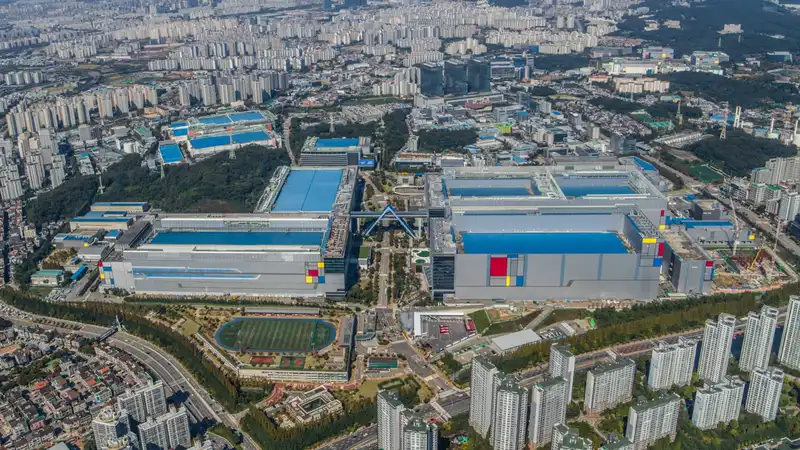Legendary game developer John Carmack recently said on Twitter that it would be pretty much impossible to compete head-to-head with TSMC. But he asked his followers how much less impossible it would be for a major tech company to produce its own custom-made chips instead of competing with a commodity company. Elon Musk's small answer came back.
Now, let me clarify something. Musk's tweet is not about Tesla trying to become the next TSMC. After all, if Samsung, GlobalFoundries, and even Intel are struggling, those who step into the fray from scratch have no chance. Rather, he was referring to Carmack's point that not only is it nearly impossible to compete with TSMC, but it is equally difficult for companies to build their own chip factories just to produce processors specifically for their products.
Currently, Tesla relies on Samsung's production line for the main chips used to process the autopilot function of its cars. Theoretically, the company could purchase and hire all the equipment and staff needed to have its own manufacturing plant and stop outsourcing chip production. All of the latest processors in Telsa cars are designed in-house, and the only thing that is not done in-house is their manufacture.
This is no different than how AMD and Nvidia operate. Both companies design everything in-house and rely on small foundries to manufacture test chips and on TSMC and Samsung to manufacture the vast scale of processors needed to sell millions of chips worldwide each year.
Musk's claim that "Tesla can do it" is probably not entirely hyperbole, despite Carmack's reasoning that manufacturing very specialized chips is no more impossible than manufacturing large quantities for the general market. Although not at the same level of complexity, Tesla has switched from buying lithium-ion batteries from Panasonic and other suppliers to building a huge factory to manufacture them in-house.
But what about the "I wish we didn't have to" comment? No sane nerve would want to spend billions of dollars on something that may not function properly for years if contracted to an experienced and cost-effective company.
However, given the growing concerns about dependence on Korean, Taiwanese, and Chinese supply chains, and the importance of processors in today's economy, there is always a risk that Musk's hand will be forced.
The U.S. Chips Act provides billions of dollars in loans and grants to increase chip production in the U.S., and it is doubtful that Mr. Musk would seriously consider spending a few dollars to enter that market.
After all, if he is content to spend $44 billion on the Twitter acquisition, what is the point of spending another $50+ billion on a foundry for someone like this?


Comments